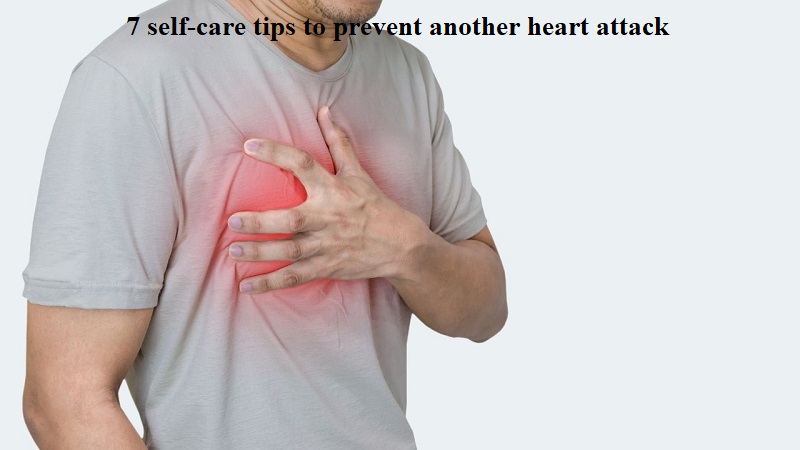
Surviving a heart attack is a critical situation that demands swift action to restore blood flow to the damaged coronary artery. Once the initial event is effectively managed, the focus should shift towards cardiac rehabilitation and making lifestyle and health routine changes. Making wise choices and following safety precautions can significantly reduce the risk of future cardiovascular incidents.
For individuals who have experienced a heart attack, adopting a holistic strategy is essential. This includes adhering to prescribed medications, making dietary adjustments, engaging in physical activity, managing stress, and scheduling regular checkups with a healthcare provider.
Dr. Jaideep Rajebahadur, a renowned cardiologist, shared exclusive tips with WION to guide heart attack survivors in preventing further cardiac events:
Lifestyle Adjustments: Communicate any lifestyle changes, symptoms, or concerns to medical professionals. Engaging in enjoyable hobbies can help divert your mind from worries. Connect with friends, family, or support groups to express your emotions and seek assistance.
Regular Medical Checkups: Continuous medical supervision is crucial to monitor heart health and address any emerging issues. Keep appointments with your primary care physician and cardiologist. Regularly check your blood pressure, cholesterol, and diabetes levels.
Dietary Modifications: A heart-healthy diet is essential for managing cardiovascular health post-heart attack. Reduce sodium intake, opt for unsaturated fats like those in olive oil and nuts, avoid processed or canned foods, and incorporate lean sources of protein such as legumes and fish. A high-fiber diet helps control cholesterol levels and promotes digestive health, including whole grains, fruits, vegetables, and legumes.
Physical Activity: After the acute phase, engage in regular, controlled, and staged exercise based on your cardiac capacity. This forms the foundation of heart attack recovery and prevention. Consult a healthcare professional to create an individualized exercise plan.
Listen to Your Body: Be attentive to discomfort or unusual symptoms. Seek help if you experience chest pain, dizziness, or shortness of breath.
Stress Management: Chronic stress can exacerbate heart health issues. Practice relaxation techniques like deep breathing, meditation, and yoga to manage stress.
Medication Compliance: Adherence to prescribed medications is paramount in preventing further heart problems. Take medications as directed and do not miss doses. If you experience any side effects from your medications, discuss them with your doctor before making any changes. It’s highly advisable to follow your doctor’s recommendations and maintain regular outpatient department visits.
Heart attack survivors can enhance their health and reduce the risk of subsequent incidents by diligently adhering to lifestyle modifications. Dietary changes, regular exercise, stress management, medication adherence, and continuous medical monitoring together constitute a comprehensive approach to heart health. As each individual’s path is unique, personalized guidance from healthcare experts is essential in creating a tailored plan for healing and long-term well-being. Remember that consistent small steps can lead to significant improvements in cardiovascular health and a fulfilling, active life post-heart attack.

Post Your Comments